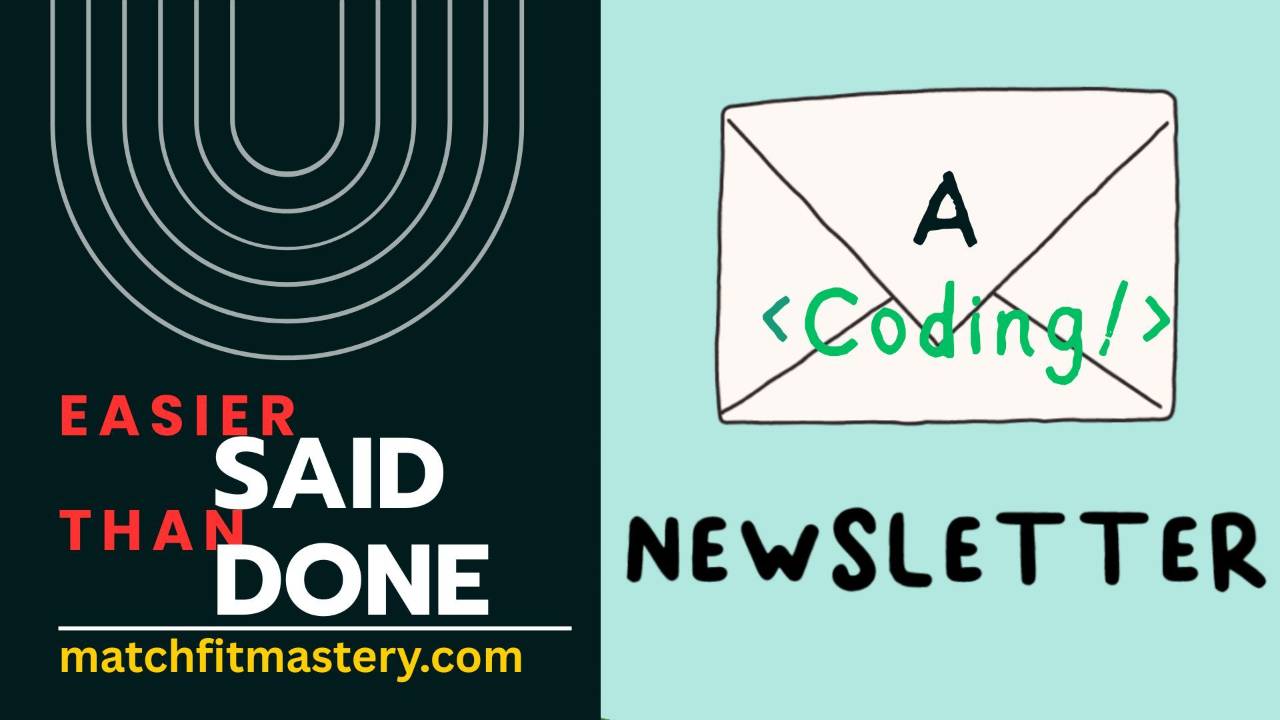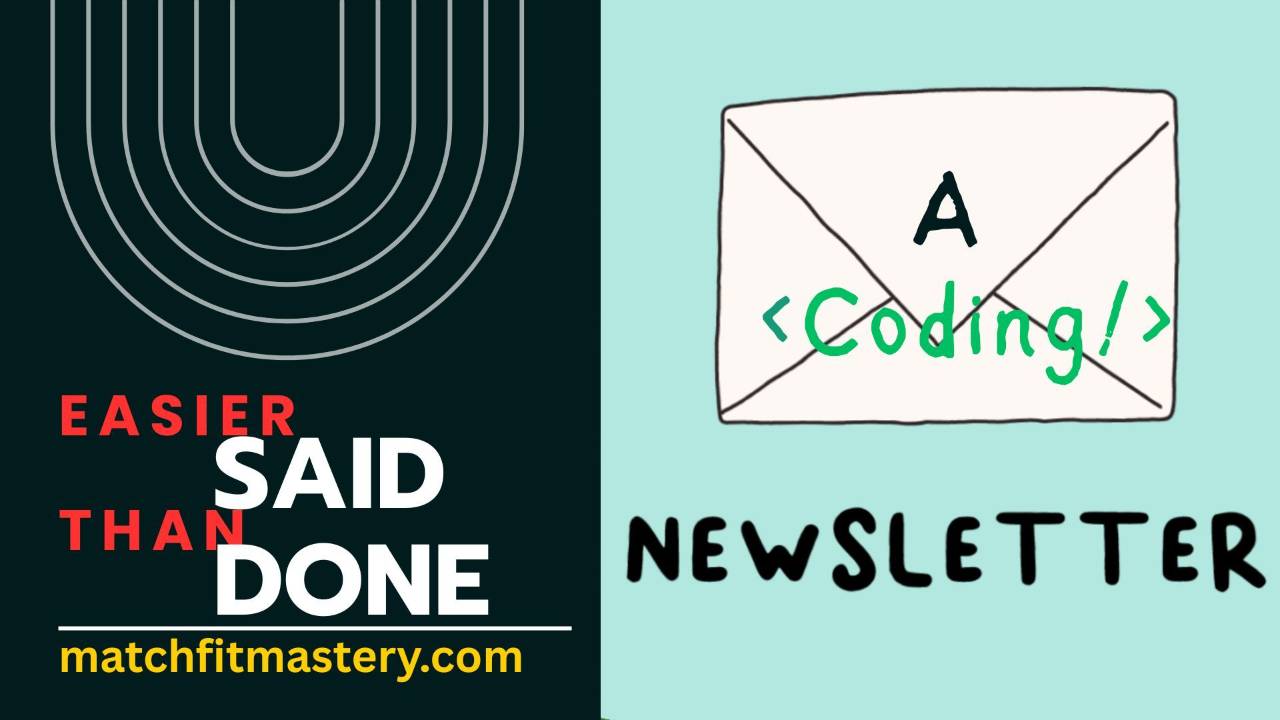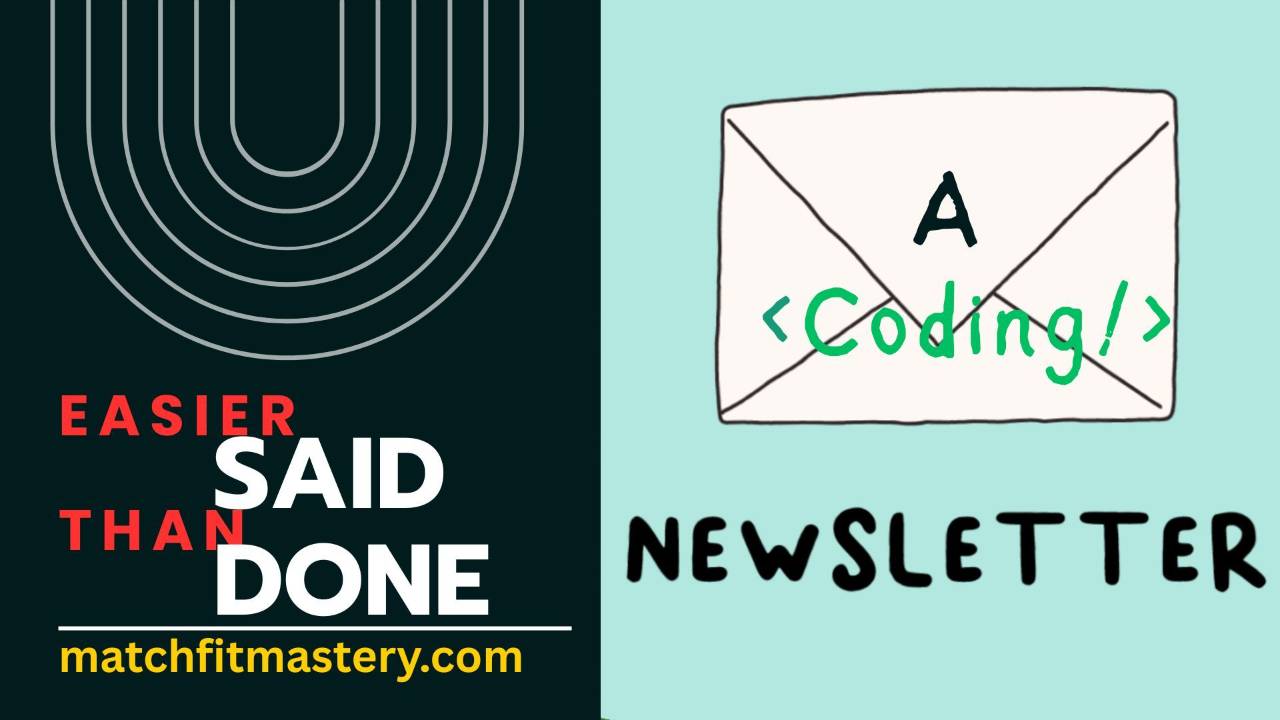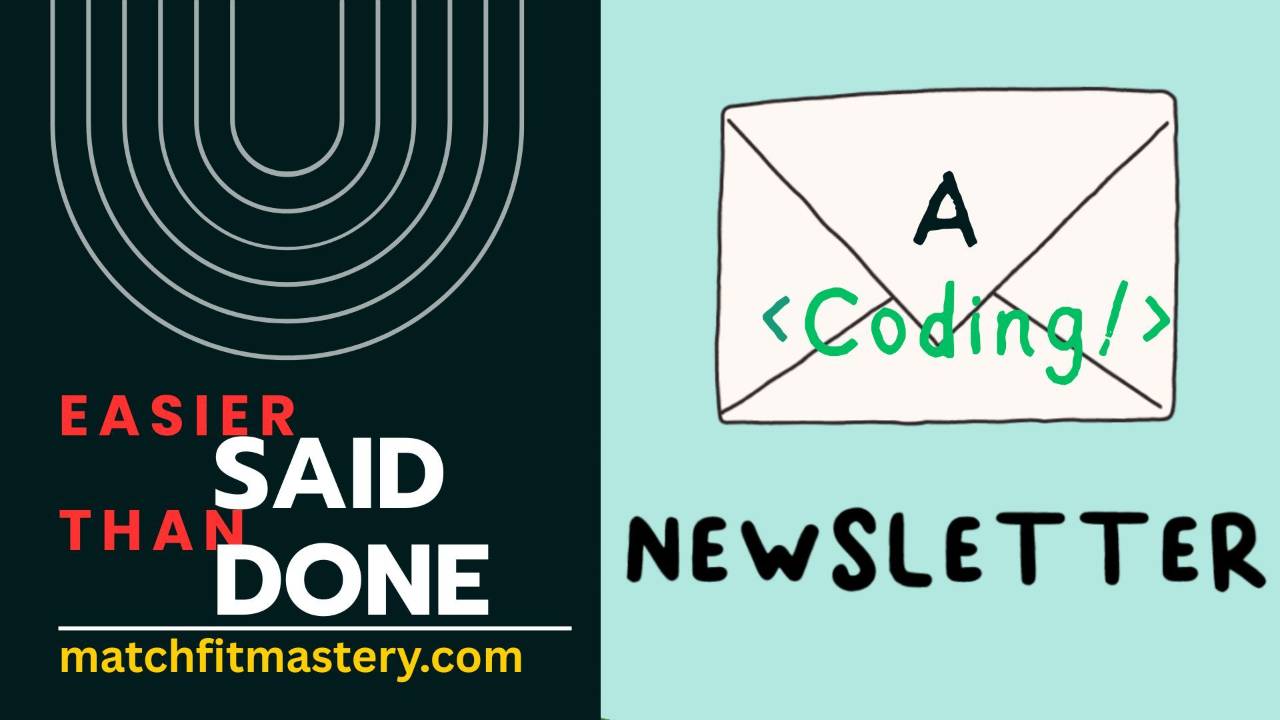AI Engineering Courses: Old Wine, New Bottles (You May Already Have These Skills)
Every few years, the tech world loses its mind over the "next big thing."
Ruby on Rails had developers convinced they needed to relearn web development from scratch.
Then it was React. Blockchain. Big Data. DevOps. Machine Learning.
Now? "AI Engineering."
And with each wave comes the same predictable gold rush:
New bootcamps. New "masterclasses." New instructors promising revolutionary approaches to teaching you skills you... probably already have.
Here's What Coding Courses Won't Tell You
Programming fundamentals don’t change - regardless of the hyped tech.
How do I know?
Because I didn’t know ANY of the coding languages or frameworks I needed for my job at Google.
They didn’t care. They wanted to know if I could program and if I can independendly problem-solve (aka figure things out).
Period.
Just ask anyone who knows more than 2-3 languages…they’ll tell you at a fundamental level they’re all the same thing.
Because here’s the bottom line…
An API call is an API call.
Whether you're hitting:
-
A PostgreSQL database
-
A blockchain node
-
A vector store
-
An LLM for AI applications
The pattern is identical: Request → Response → Do something.
Despite what AI engineering bootcamps claim, RAG is just:
-
Fetch relevant data
-
Add it as context
-
Send to model
That's it. No mystical advanced knowledge required.
Similarly, prompt engineering isn't a new computer science thing.
It's explicit communication.
The same skill you use when writing clear documentation or explaining requirements to a junior developer.
Extend this out through the various “must learn” technologies…
MongoDB vs Firebase vs SupaBase vs Postgres aren't special sauces.
Context engineering, Agentic coding, RAG (Retrieval-Augmented Generation) aren't special skills.
They’re techniques.
The Coding Course Gold Rush: A Pattern That Repeats
Every hype cycle repackages fundamental programming concepts in new terminology, then sells them back to you as if they're revolutionary.
LAMP, MEAN, MEVN, MERN stack.....
There is a reason why they're all 4 letters long.
The same principles you learned years ago—API patterns, data flow, state management, error handling—they all apply to AI engineering, web3, and whatever comes next.
The implementations change. The syntax changes. The principles don't.
The REAL Software Engineering Skill For The Future
The real skill isn't learning "AI engineering" or the next hyped framework.
It's recognizing which of your existing programming skills transfer and applying them to new domains.
That's what separates developers who get washed up by every hype wave from those who stay grounded and build real things.
To be clear, I am not against these emerging techniques.
In fact, I encourage you to educate yourself on them aggressively.
…Once you’ve learned your fundamentals REALLY well.
The Tragedy About Coding Bootcamps
Most of these courses—whether they're teaching React, Angular, Ruby, or AI—aren't teaching you anything fundamentally new.
They're teaching you vocabulary, not skills.
And vocabulary is easy. The application is hard.
Learning is easy. Doing is HARD.
What To Do (Instead of Buying Another Course)
Stop chasing courses that reteach fundamentals with trendy buzzwords.
Start consolidating what you already know by building something in these new domains.
Pick a project that scares you a little. Something you're not sure you can build.
Then build it anyway with research
You'll learn more in one messy month-long project than in ten perfectly polished courses.
And if you fail, it’s NOT because you’re not smart enough. It’s because you tried to do a difficult thing with bad fundamentals.
Fix the fundamentals.
The Bottom Line
The principles of good software engineering don't change. The hype does.
Stay focused on the programming, not the languages.
Every few years, there will be a new "revolutionary" technology. And there will be courses promising to teach you secrets that don't exist.
The developers who thrive aren't the ones collecting certificates.
They're the ones who recognize patterns, apply fundamentals, and build things.
Most people get do what is trendy.
Don't be like most people.
Four ways we can help you:
1. Wondering what learning to code actually means?
Becoming a coder is much more than just "learning to code" some languages. When I got hired at Google, for example, I didn't know 3 out of the 4 languages I had to write every day.
Check out
👉 My FreeCodeCamp Course on YouTube --> Before You Learn To Code (Video).
👉 Updated version (including Google and other big tech experiences)
2. Inner Circle (Free Preview Included)
Our personalized, intensive mentorship program is designed to help career changers go from zero to software developer—and actually get hired. It’s not for everyone, but if you’re ready to commit, we’ll walk with you every step.
👉 Preview the Inner Circle Program -> free preview.
👉 Apply for Inner Circle → parsity.io/inner-circle
3. Career Change To Code Podcast
Driving? At the gym? Hiding in the bathroom? Perfect time to inject the best techniques for a career change to code directly into your brain via
👉Drip tips directly into your brain with the Easier Said Than Done podcast: YouTube | Spotify
4. Weekly Tips In Your Inbox
👉 Subscribe to this newsletter (it’s free). I try and keep it to 3 minutes or less so you can read in the elevator, waiting in lines, in the bathroom...😝





